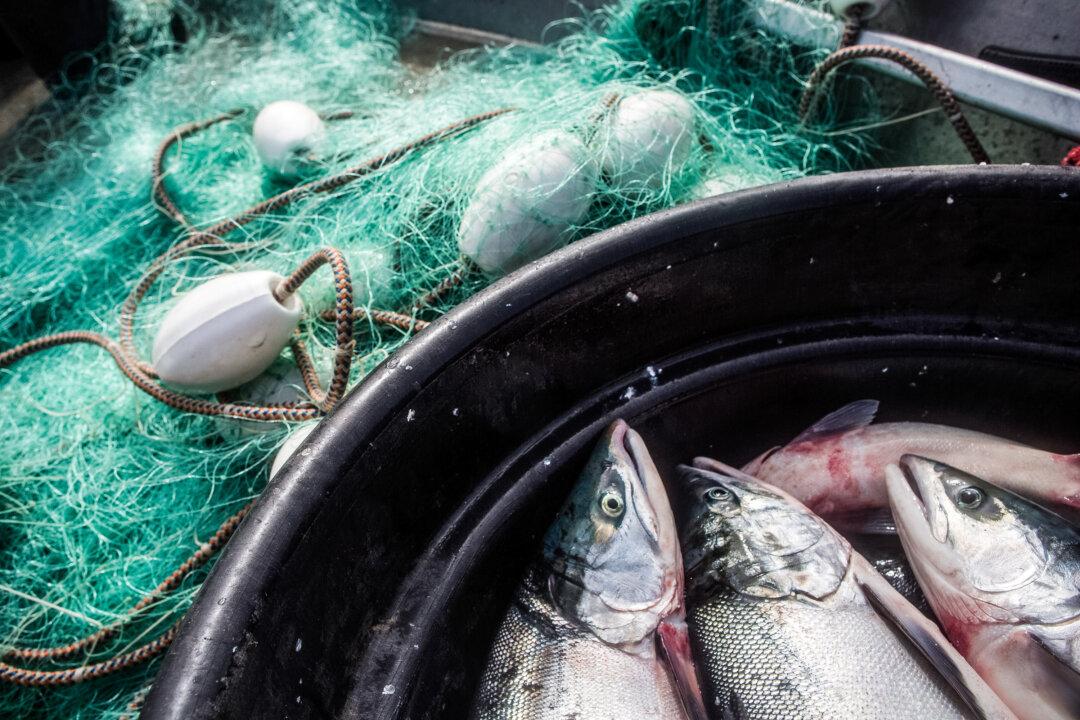A federal judge has shot down Alaska’s bid to expand subsistence fishing beyond boundaries set by the federal government, affirming the federal authority over the state’s management of its waters.
In a March 29 ruling, U.S. District Court Judge Sharon Gleason permanently blocked Alaska from issuing orders that would contradict federal management decisions aimed at preserving fish for a small group of rural residents.





